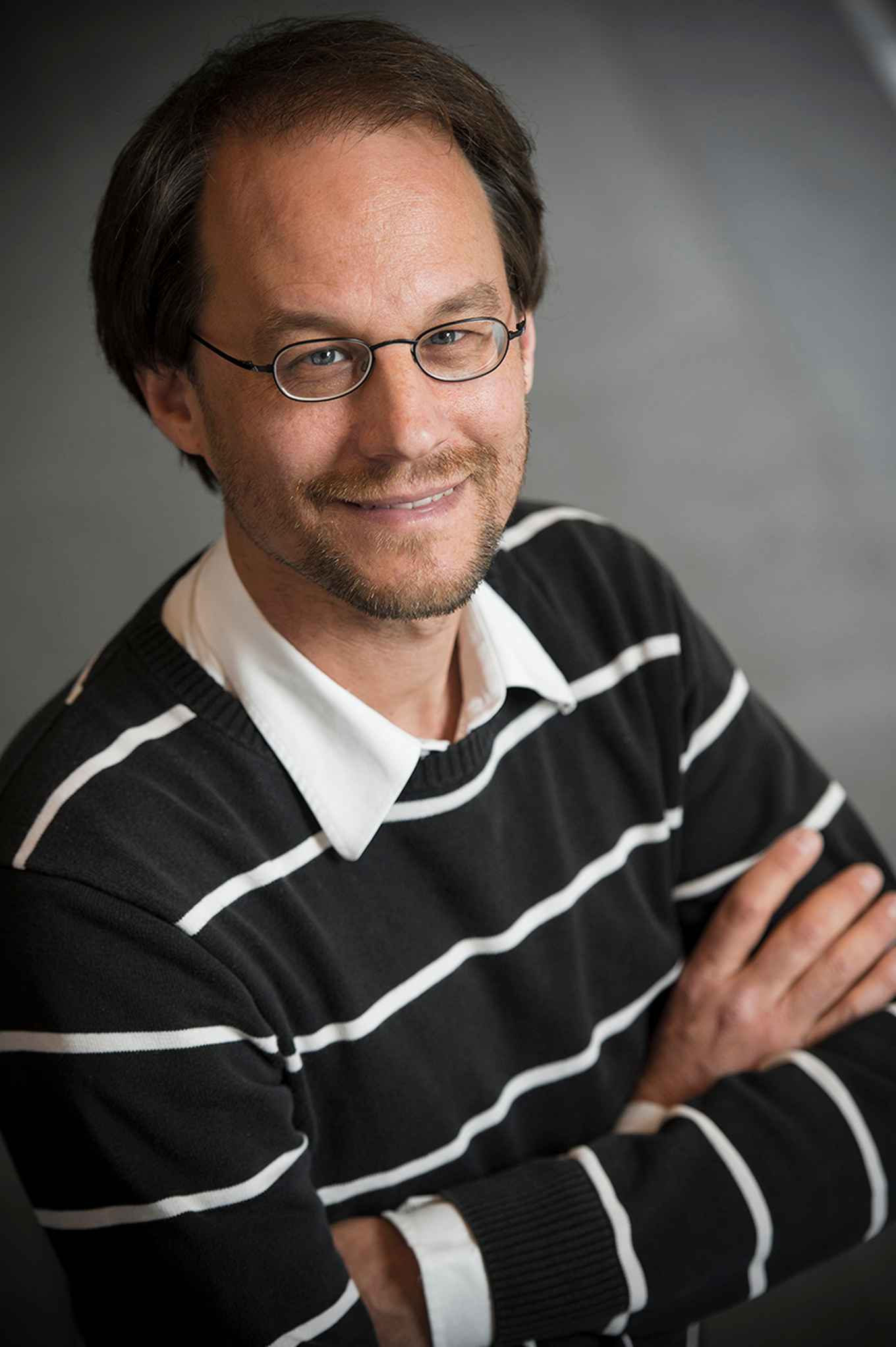Florian Schreck, professor of Experimental Quantum Physics
26 November 2013

Florian Schreck investigates quantum many-particle systems. These ensembles consisting of many particles show behaviour that cannot be deduced simply from the equations describing the individual particles. ‘In fact, in most cases even the most modern computers cannot do this for quantum many-particle systems,’ explains Florian Schreck. ‘That is why we need to study these systems experimentally.’ Physicists are able to mimic theoretical models of many-particle systems using ultracold quantum gases, gases with a temperature only a minute fraction above absolute zero.
New phenomena
Schreck works with quantum gases consisting of strontium atoms. In 2009 his research team produced the first strontium Bose-Einstein condensate worldwide. Such a Bose-Einstein condensate, or BEC, is an exceptional state of matter in which a large number of atoms occupy the lowest-energy quantum state, thus causing quantum effects to become apparent on a macroscopic scale. In 2012 Schreck and his team were again able to produce a strontium Bose-Einstein condensate, this time using only laser cooling. Most of the BECs produced until then had consisted of atoms with a single electron in the atom’s outer shell. Alkaline-earth elements such as strontium have two electrons in this shell. The use of a strontium BEC of these atoms enables Schreck to investigate completely new phenomena. He and his team are particularly interested in quantum magnetism and quantum Hall physics. Understanding these phenomena opens up countless new possibilities, for example for precision measurements with atomic clocks.
ERC Consolidator Grant
Recently, Schreck was awarded a Consolidator Grant from the European Research Council (ERC). He received this prestigious grant, amounting to €1.8 million, for his research into quantum many-body systems. He will carry out his ERC project entirely at the UvA,within the context of the UvA’s Quantum Matter and Quantum Information research priority area. The chair to which Schreck has been appointed was established with support from the ‘Sector Plan for Physics and Chemistry’, which recently effectuated a national re-profiling of research in these areas.
Schreck studied Physics at the University of Constance (Germany) and the University of Grenoble (France). He received a PhD from the École normale supérieure in Paris and subsequently worked for two years as a postdoc at the University of Texas (USA). Since 2004, he has worked as a senior researcher at the Institute for Quantum Optics and Quantum Information (IQOQI) of the Austrian Academy of Sciences, in the group led by Prof. Rudolf Grimm. In 2010 Schreck received the START Prize, the highest-valued research award for junior researchers in Austria.